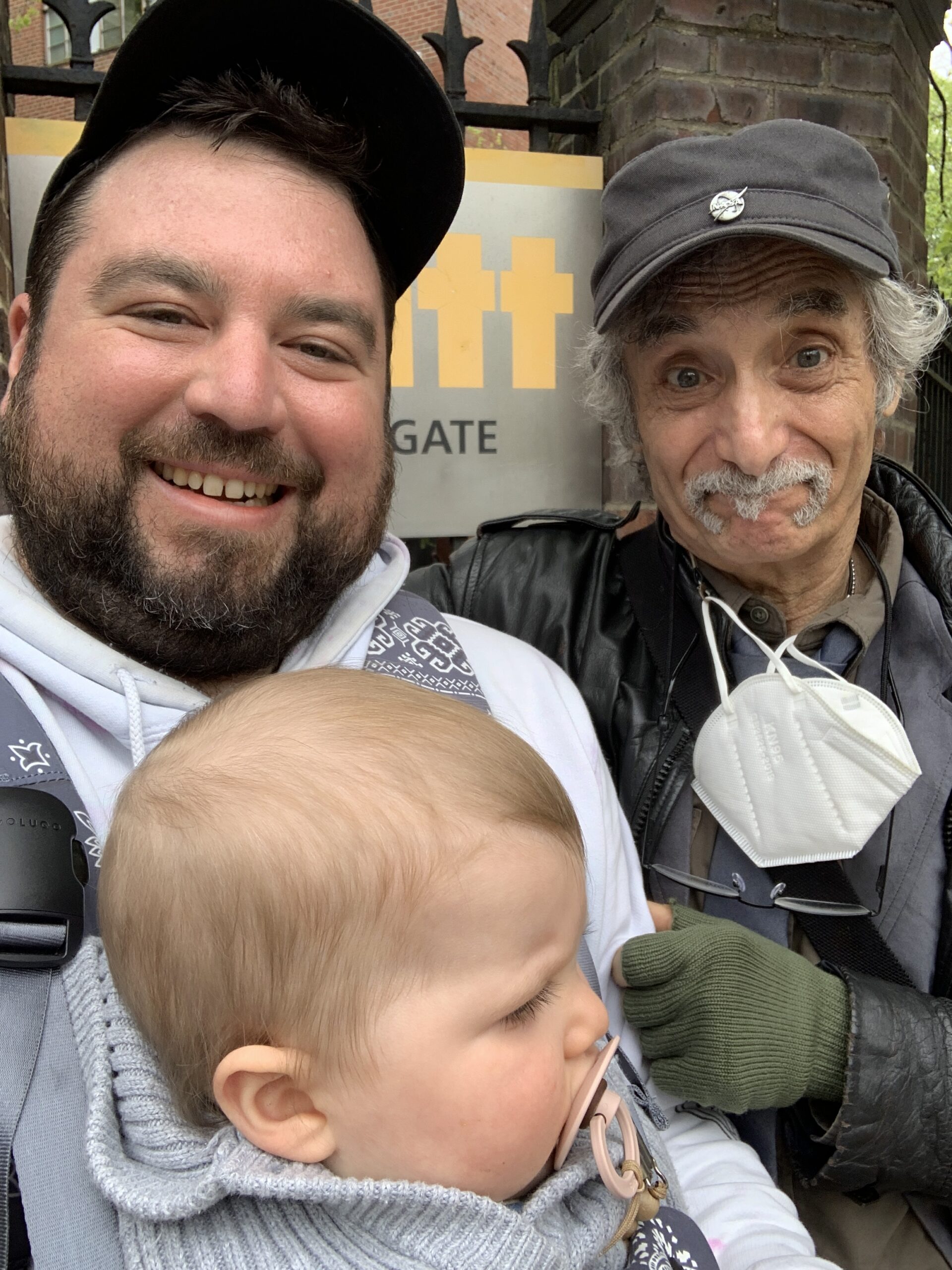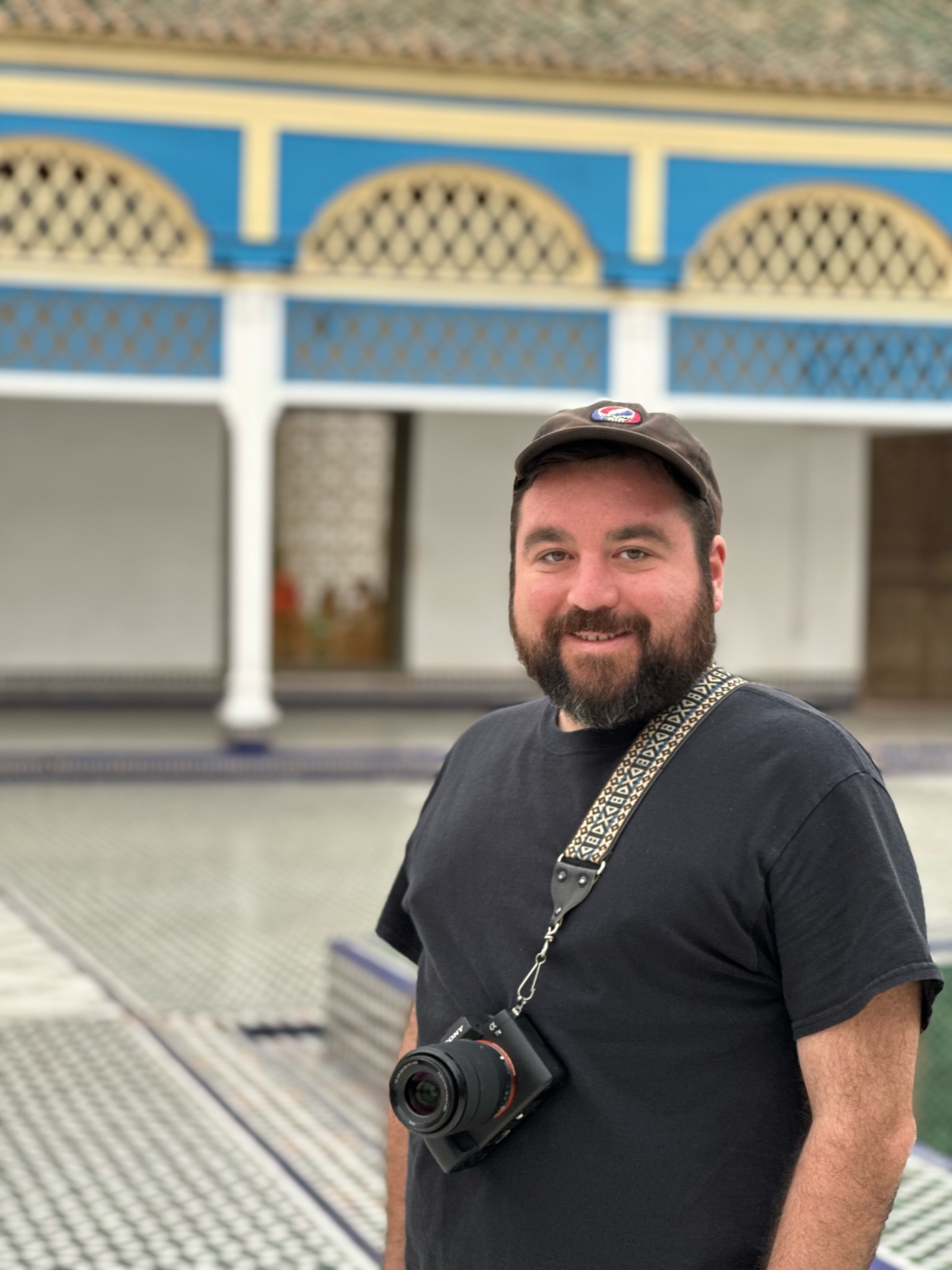When I was a writing student at Pratt, I once asked my professor Steven Doloff for advice. At the time, I was the eager editor of the student magazine, The Prattler, and wanted Doloff to weigh in on a potentially controversial story I was considering for the magazine. I’m almost certain we ran the story. I can’t quite remember—this was 20 years ago—but what I do remember is what Doloff said to me: “It’s art school, after all!”
More than a recommendation or advice, it was a battle cry, a call to arms, the bright white text on an inspirational poster: “It’s art school” meant “Go for it.” Because, “after all,” this was a place, a space, a time in which, yes, young students were trained in art making, in how to translate their creativity into work that is genuine and meaningful. But that requires taking risks.
Doloff was encouraging me but also vouching for me—as he would many times during our now 20-year friendship—letting me know I was free to try anything I wanted, free to fail. And this is why I consider Doloff to be a trusted mentor, albeit a rather untraditional one—what I mean is that even Doloff doesn’t consider himself a mentor.
You see, Doloff has never gotten me a job, has never published my writing, has never produced my work. He has given me feedback and pep talks but rarely has that yielded professional fruit or career advancement. For most people, this doesn’t look much like mentorship. But what does true mentorship actually look like?
Mentorship, as defined by guidance—I think that’s a red herring. To me, mentorship is not someone helping you solve your problems, or clearing a path, or otherwise making things easier.
No one understands that better than Doloff. “It’s not me telling them what to do,” he says of how he teaches and advises his writing students, particularly the incoming class of writing majors. “I’m their first class, the World Literature class. And I tell them all, ‘You’re gonna meet a lot of people here, aside from the person sitting next to you. You’re going to meet a lot of teachers and you’re going to meet a lot of writers who come to visit your class. It’s really entirely on you for them to know who you are. You have to introduce yourself and talk to people. Be sociable.’”
It’s hard to take risks, and persist against rejection, and make work that is true. But it helps when you have someone like Doloff in your corner.
I believe he has followed his own advice to the great benefit of his career. Now in his 40th year as a professor at Pratt, with more than 100 writing and playwriting credits, he was also a producer of the longstanding Emmy-award-winning TV talk show Theater Talk, which during its 25-year run invited Broadway stars to talk shop and share personal anecdotes. Susan Haskins-Doloff hosted and executive produced the show (while also teaching at Pratt for more than 20 years) with guests including James Gandolfini, Joan Rivers, Cate Blanchett, Jennifer Hudson, Jeff Daniels, and George Takei, to name a few.
Which brings me to another invaluable piece of Doloff’s advice: “Don’t expect to make a living, try to make a living!” he says. “And if you can find a way to balance your passion and some other way to pay the rent—you’re in the game. And you never know what’ll hit. You have to be maniacally persistent, even in the face of rejection.”
When I first arrived at Pratt, in New York City, as an 18-year-old aspiring writer, suddenly thrust into what Doloff calls “this incredible crush of people,” I was overwhelmed and intimidated. But as I began to meet people, engage with the wide range of individuals at Pratt, I found not only a tribe of similarly ambitious students but also a kind cadre of professors and professionals who, if nothing else, were sincere and direct with me. And that honesty was super valuable if sometimes critical. Perhaps, that’s what true mentorship is—harsh honesty?
Perseverance, passion, personability—it’s these qualities that Doloff has helped instill in me, and I’m sure many others. Pratt’s motto, “Be true to your work and your work will be true to you,” I read as an axiom about discipline and authenticity. Sure, it’s about honesty, being honest with yourself and with others. And that’s not easy either. It’s hard to take risks, and persist against rejection, and make work that is true. But it helps when you have someone like Doloff in your corner, reminding you that it’s art school, after all—once literally, and forever figuratively. And if that’s not mentorship, I don’t know what is.

